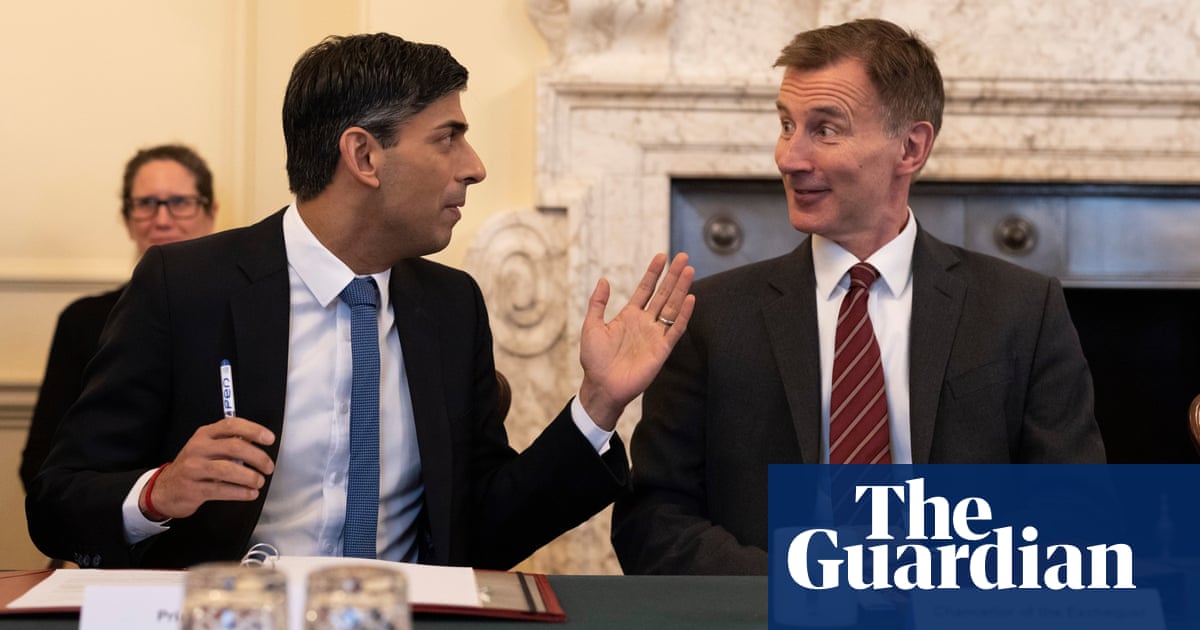
A major street iftar was a beautiful and touching way to commemorate the awful attack on Finsbury Park Mosque in London a year ago. A man drove a van into a crowd of worshippers outside the mosque, in what was the last of a cluster of extremist attacks in Britain that saw the world focus on this country and ask questions about how it was faring. A year on, it might appear that the attacks have abated, but serious issues and threats remain.
These horrific events kicked off with a van attack and fatal knifing of a policeman in Westminster, a major bombing at a pop concert in Manchester that killed 23, and a further car and knife attack in London that killed eight. The perpetrators of the first three attacks were people who claimed to be inspired by Islam, whereas the Finsbury Park Mosque attack was carried out by a far-right extremist.
These did little to engender improvements in community relations. Yet perhaps, through the hard work of the security services and some luck, these attacks have, for the time being, dried up. But the environment in which hatred and extremism can flourish and spread is very much alive, so attacks are still rated as a question of when, not if.
A recent court case involved what is claimed to be the first all-female terrorist plot in the UK, which included a teenage girl. Amongst their plans was to stab a policeman near Parliament.
Daesh and related groups retain the desire, ability and resources to carry out attacks in Europe, including Britain. In April, the anti-Daesh coalition had captured more than 400 foreign fighters in Syria, and that figure has only gone up since. It is not clear what will happen to them, but Britain has refused to take any UK-born fighters back.
But a considerable positive sign for the future was the many actions and statements at the time from all communities to stand together regardless of the perpetrators or victims. Overall, both London and Manchester reacted in the best way possible. Riots did not follow these attacks; communities largely came together.
The British Muslim community as a whole made an active and sustained effort to demonstrate their abhorrence of attacks carried out by so-called Muslims. Their role in British society at all levels is more visible and effective. Moreover, opinion polls consistently show that British Muslims are as patriotic if not more so than British non-Muslims. Yet they do suffer consistent levels of unacceptable abuse, attacks and threats. A mosque and a gurdwara in Leeds suffered arson attacks on the same night last week. Anti-Muslim attacks are still on the rise, with no sense a strategy is in place.
Additionally, a more rigorous debate has started about the role of the far right and neo-Nazis. What was ignored before is starting to gain traction on the political agenda, not least after the murder of MP Jo Cox in 2016. White supremacism is likely to keep rearing its foul head, with four far-right terror plots thwarted in the 12 months from March 2017, alongside 10 “Islamist” plots in the same timeframe. Support for the far right is not small, with more than 600,000 people signing a petition calling for extremist figurehead Tommy Robinson to be released from jail.
Daesh and related groups retain the desire, ability and resources to carry out attacks in Europe, including Britain.
Chris Doyle
Less positive has been some of the coverage in the media involving extremism and anti-Muslim stories. The Home Affairs Select Committee inquiry into hate crimes heard from the managing editor of The Sun newspaper in April, who said that, as far as Islamophobia was concerned, “in the mainstream media, I don’t believe that it is an issue.” The Express editor was more candid: “I have gone through a lot of former Express front pages and I felt very uncomfortable looking at them. Individually, they may not present specific issues. There have been accuracy issues on some of them and some of them are just downright offensive, and I wouldn’t want to be party to any newspaper that would publish such material.”
A bruising battle is also in full flow over allegations of Islamophobia within the governing Conservative party. Various British Muslim groups and figures have challenged the Tories to hold an independent inquiry into the issue, which is so far being staunchly rejected. It follows a dozen or so incidents of anti-Islamic and racist posts by Conservative members and councillors.
So the debate in Britain a year on from these attacks is still polarized, as it is elsewhere. A fearful society at large is particularly wary of extremism among elements of the Muslim community, but British Muslims also feel unsafe, under threat and maliciously lumped together with extremists who claim to share their faith. The rift between British Muslims and major areas of the establishment remains significant, with little confidence that there is the sort of vibrant partnership required to root out all forms of extremism. Lurking in the shadows and sometimes even in plain sight are extremists of various hues determined to ensure that their warped world view dominates. Complacency in the anti-extremism area in Britain, like everywhere else, is simply not an option.
Chris Doyle is director of the London-based Council for Arab-British Understanding (CAABU). He has worked with the council since 1993 after graduating with a first class honors degree in Arabic and Islamic Studies at Exeter University. Twitter: @Doylech












